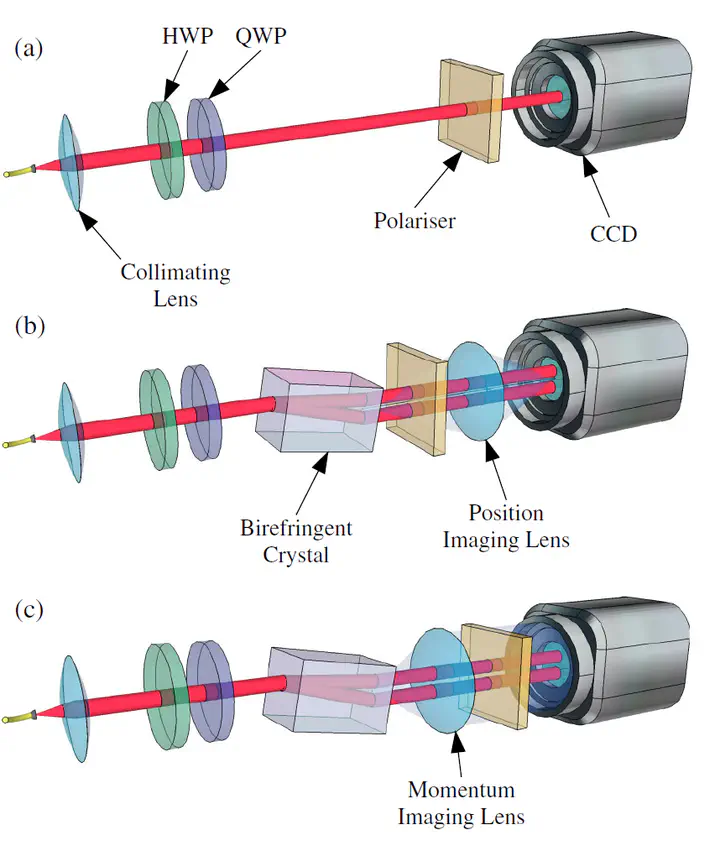
Abstract
Since its introduction 25 years ago, the quantum weak value has gradually transitioned from a theoretical curiosity to a practical laboratory tool. While its utility is apparent in the recent explosion of weak value experiments, its interpretation has historically been a subject of confusion. Here a pragmatic introduction to the weak value in terms of measurable quantities is presented, along with an explanation for how it can be determined in the laboratory. Further, its application to three distinct experimental techniques is reviewed. First, as a large interaction parameter it can amplify small signals above technical background noise. Second, as a measurable complex value it enables novel techniques for direct quantum state and geometric phase determination. Third, as a conditioned average of generalized observable eigenvalues it provides a measurable window into nonclassical features of quantum mechanics. In this selective review, a single experimental configuration to discuss and clarify each of these applications is used.